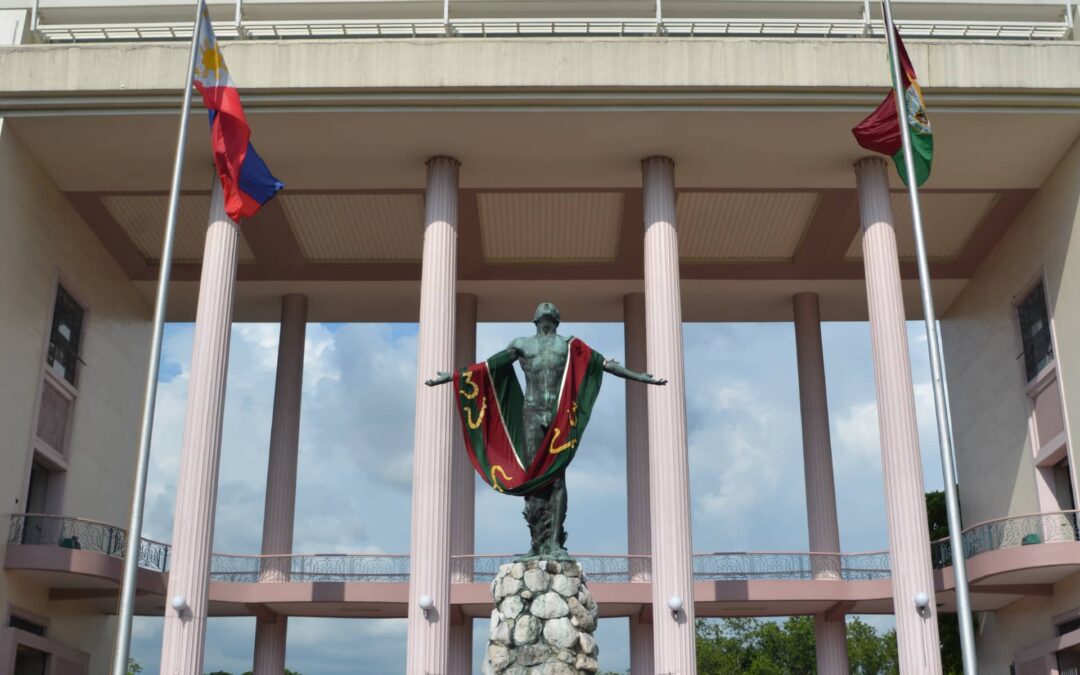The University of the Philippines (UP) System administration is standing firm on its recent cooperation agreement with the Armed Forces of the Philippines (AFP), asserting that the pact will be “beneficial” to both institutions.
“We wish to reiterate that the declaration is non-binding and exploratory,” UP said in a statement on Thursday, September 26.
“Such an agreement, we maintain, is beneficial precisely because it provides a framework for the University to share its knowledge and expertise towards contributing to the broader advocacy for security sector reform in our country,” it added.
“The agreement may also lay the groundwork for opportunities to address outstanding issues between the University and the AFP.”
The System administration made this statement after reading “with great attentiveness and concern” the statement of the UP Diliman University Council (UC) issued on Wednesday, September 25, calling for the nullification of the said agreement.
“We are gravely disappointed that, while the UP community has been vigorously defending academic freedom… President Jimenez entered into an agreement with the AFP unilaterally and without consultation. The AFP’s announcement caught the University’s faculty by surprise,” the UP Diliman UC said.
“Even the main proponent from the Center for Integrative and Development Studies (CIDS) did not consult the CIDS program convenors about the drafting and actual signing of the agreement, briefing them only after the declaration was signed,” the Council explained.
“This agreement endangers our faculty, staff, and students, as well as our resources, spaces, and proud history of activism,” it added.
UP Diliman’s UC emphasized that academic freedom is enshrined in the Philippine Constitution and is essential to the University’s mission.
“We have nothing against faculty and fellow scholars who engage with any institution, private or public, in their capacity as individuals. Likewise, the AFP is free to access the University’s publicly available research,” it said.
“There have been collaborations, such as the use of Philippine Navy vessels for marine science research, that have not compromised the autonomy or academic freedom of the University. Such initiatives are typically well-defined in scope and educational in nature. We do not need a broad declaration of institutional cooperation for such educational initiatives.”
Instead, the UP Diliman UC urged the University administration to prioritize restoring the 1989 Accord between UP and the Department of National Defense.
The Council also challenged Jimenez to “show his wisdom and faithfulness to the University’s mandate by nullifying the declaration of cooperation with the AFP.”
“UP must maintain its autonomy and radical independence—amid a darkening political horizon—to best serve the nation.”
Read the full University statement below.


